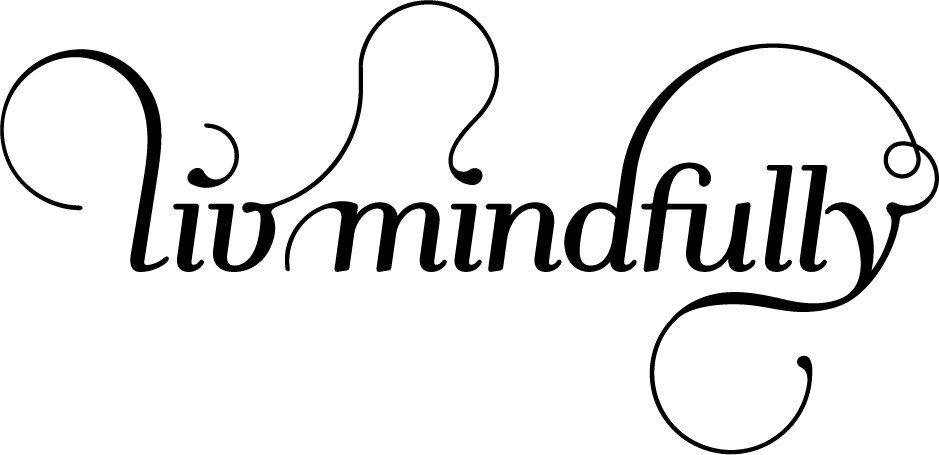Have you ever noticed how quickly our minds fill in the blanks?
A sigh from your partner. A look from a colleague. A passing comment from a stranger. Before we even realise it, we’re knee-deep in a story—often one where we’ve messed up, let someone down, or simply weren’t enough.
Brené Brown calls these “confabulations”—stories we make up when we’re hurting or uncertain. They’re our brain’s way of trying to create order in the middle of emotional chaos. But often, they’re not based on truth. They’re rooted in fear, shame, and old beliefs.
I’ve been there too. Many times.
About 15 years ago, while living in the US in the depths of the Minnesotan winter, my husband walked through the door one evening and said, “This house stinks.”
As you might imagine, my response was… not exactly zen. I snapped back, “What would you like me to do about it?” and stormed off into the other room.
Luckily—for both of us—I had just started practising informal mindfulness.
Now, informal mindfulness isn’t meditation. It’s the everyday act of paying attention. Tuning into what’s happening internally and externally—without judgment—so we can respond to life with more clarity, skill and kindness.
As I sat sulking in the bedroom, I caught myself. I realised I was believing something that might not be true. I had turned his comment into a story about my worth and my role in the household. So I asked him, “What did you mean when you said the house stinks? It sounded to me like you were saying I wasn’t looking after the house.”
He blinked and said, “Oh, I just meant that maybe we need to open the windows.”
Right. The windows. Not me. Not my character. Just a window.
That moment was a turning point in my relationship—not because I handled it perfectly, but because I saw the power of pausing. Of getting curious. Of asking instead of assuming.
This is what Brené calls the reckoning. It’s the start of a new kind of inner honesty—one where we recognise the stories we’re spinning and ask: Is this actually true?
A Simple Practice
This is honestly the most common tool I give my counselling and coaching clients when they are struggling in interpersonal relationships. Next time you're triggered by a comment or a look from another person both at home or at work, try this:
Notice the reaction. Your body will tell you. Tight jaw, racing heart, snappy words.
Pause and name the story. Try: “The story I’m telling myself is…”
Get curious. Is this fact or assumption? What else might be true?
Ask and meet it with kindness. If possible, check in and ask the other person, “When you said/did X, the story I told myself is Y and as a result I felt xxxx”. And then pause, meet their response (and your response too!) with curiosity and kindness.
As Brené says, “Owning our story is the bravest thing we’ll ever do.” And it doesn’t have to happen all at once. Sometimes we rewrite our inner narrative line by line, moment by moment. That’s where the growth happens. In the pause. In the asking. In the choosing to stay curious, not critical.

